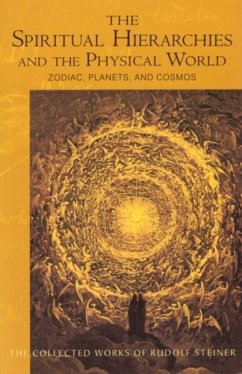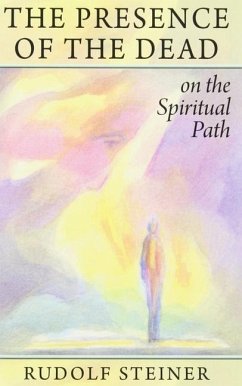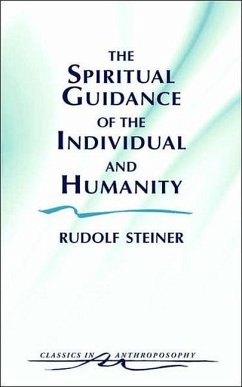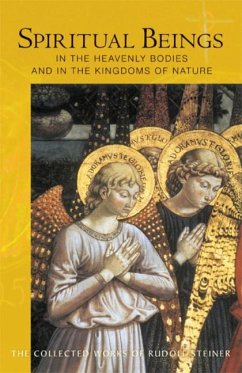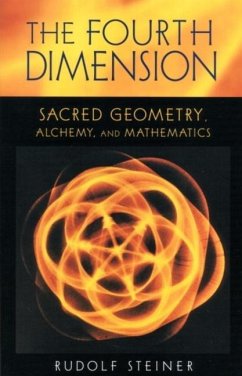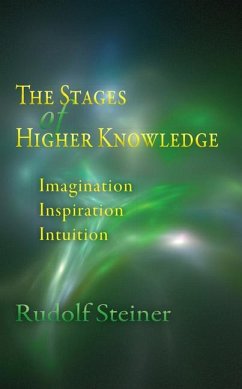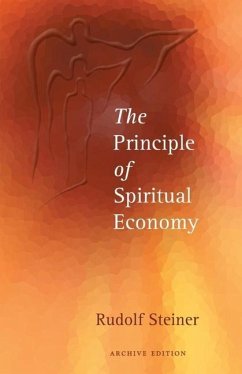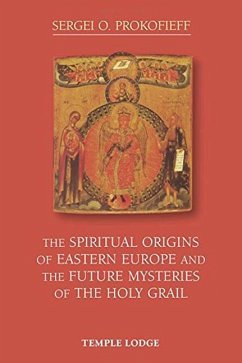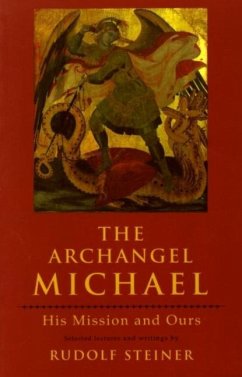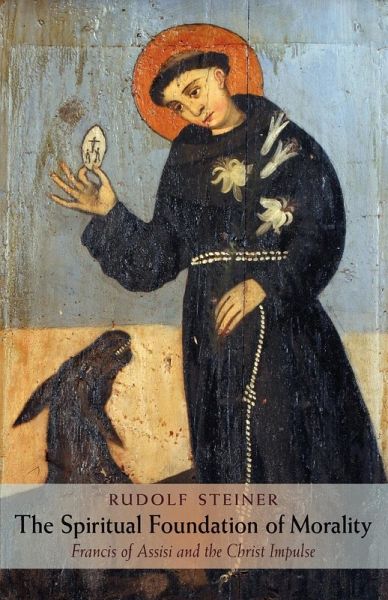
The Spiritual Foundation of Morality
Francis of Assisi and the Christ Impulse (Cw 155)
Übersetzer: Gardner, Malcolm Ian
Versandkostenfrei!
Versandfertig in über 4 Wochen
12,99 €
inkl. MwSt.

PAYBACK Punkte
6 °P sammeln!
Moral teaching and moral preaching cannot establish morality. It is only by delving into the hidden secrets of life that we can advance not just to moral doctrines but to the moral sources of life -- true moral impulses. At different times, humanity has manifested moral life in different ways. To understand these differences, the evolution of consciousness must be taken into account. Originally morality was a part of human nature, for in their essence human beings are good. But through evolution, there have come errors, deviations, fallings-away. In this small, much-loved cycle of three lectur...
Moral teaching and moral preaching cannot establish morality. It is only by delving into the hidden secrets of life that we can advance not just to moral doctrines but to the moral sources of life -- true moral impulses. At different times, humanity has manifested moral life in different ways. To understand these differences, the evolution of consciousness must be taken into account. Originally morality was a part of human nature, for in their essence human beings are good. But through evolution, there have come errors, deviations, fallings-away. In this small, much-loved cycle of three lectures, Rudolf Steiner indicates the sources for the recovery of a living morality for our time. Rudolf Steiner shows the transformation of the virtues through the evolution of consciousness, and, above all, through the incarnation of the Christ in the Mystery of Golgotha.






